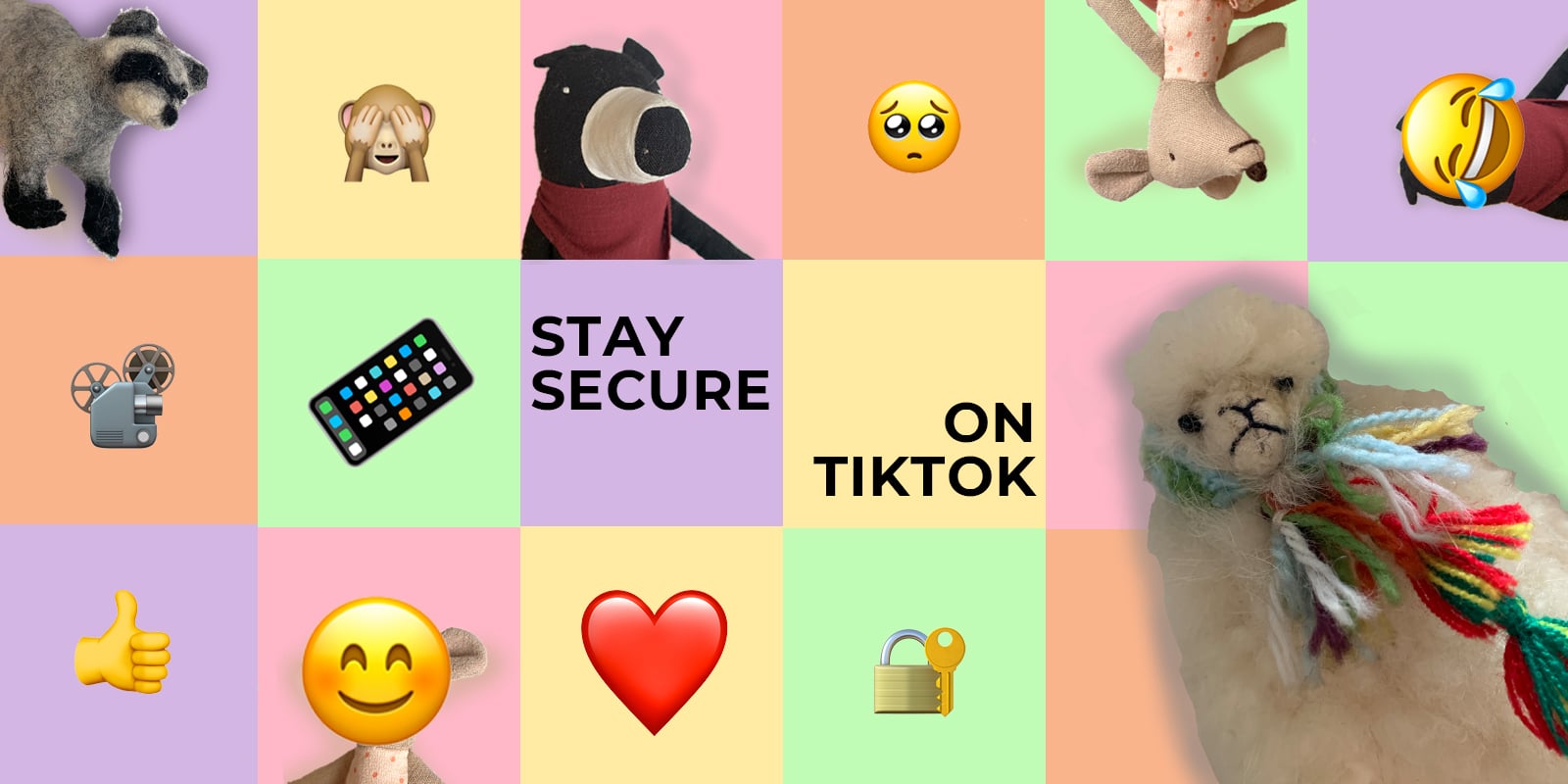UPDATE 25/11/20: After four postponed hearings, Kevin Monzón was declared NOT GUILTY by a local criminal judge on November 18.
In Nicaragua, authorities are ratcheting up attacks on those who speak out against the government online. In July, federal agents detained and interrogated Kevin Monzón, a 19-year-old, for posting videos on TikTok and other social media platforms that criticized the Daniel Ortega-Rosario Murillo regime.
The Nicaraguan government has a history of lashing out against critics and attempting to silence dissenting voices. We previously warned about the wave of online attacks targeting the opposition in Nicaragua. Today, that wave has intensified, and with the arrest of a teenage social media user, it appears the regime is prepared to criminalize online protest.
Threats and false accusations
According to Monzón’s lawyer, Yonarqui Martínez, a human rights defender of political prisoners in Nicaragua, the police had previously warned him to stop posting videos online, and they told his parents that was why he was being detained.
After five long days, Monzón was released, but under charges of having carried out “threats with a firearm” against an unknown accuser. However, the police did not show there was a weapon at the time of his detention, nor did they produce it later as evidence.
Arbitrarily detaining and falsely accusing people who speak out against the government has become the modus operandi in Nicaragua since the protests of 2018, and it has led to the imprisonment of hundreds of activists, 99 of whom remain incarcerated, including 10 who were detained before the protests, according to reports by the Recognition Mechanism for Political Prisoners.
Human rights activists in Nicaragua have long been targeted online, even before 2018. But never before have these attacks led to the arrest and possible incrimination of a social media user.
How to strengthen your digital security
Employing good digital security practices when you use social networks not only stops third parties from getting unauthorized access to your account, it can also help you prevent attacks when you are engaging in activism.
In the context of the April 2018 uprising, Access Now’s Digital Security Helpline shared basic recommendations and practical resources to help activists avoid taking unnecessary risks in what was already a dangerous situation for human rights activists in Nicaragua.
If you are an activist and you think that your account has already been compromised and you may be at risk, please reach out to Access Now’s Digital Security Helpline to help you improve your digital security practices.
The following tips are generated with Infogram. Be sure to check your privacy-enhancing browser extensions for the best view experience.
